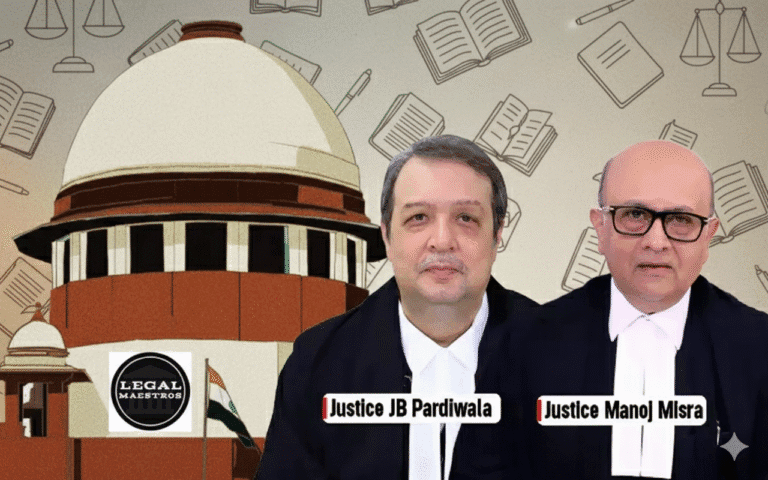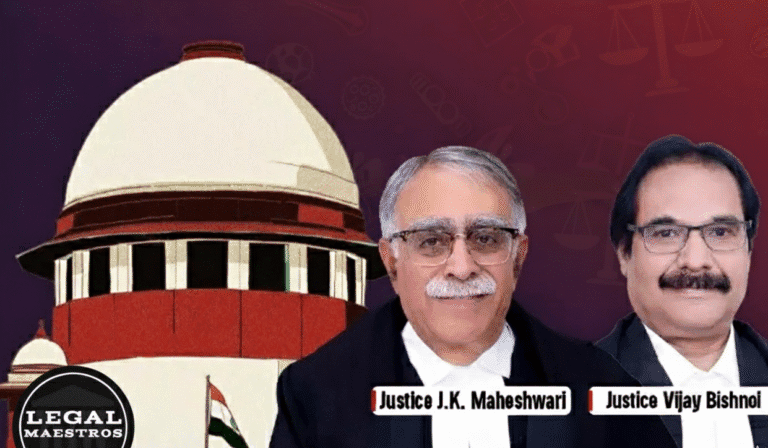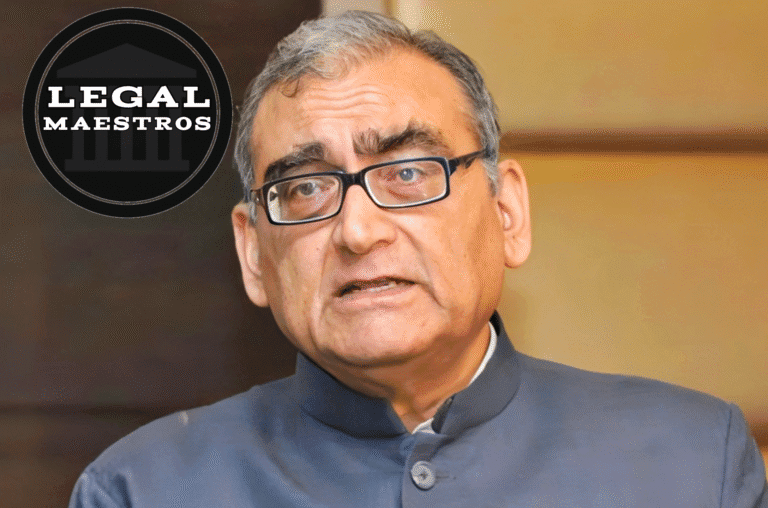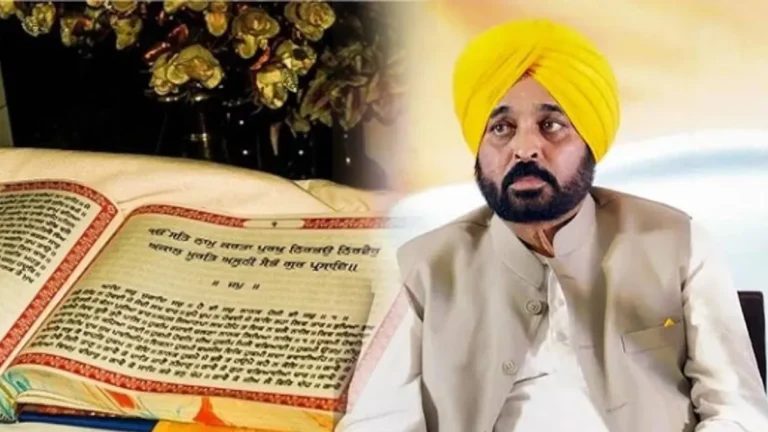
amendment of pleadings
Amendment of pleadings
No one who is actively practicing law can deny that he hasn’t heard about o 6 R 17 application. Fortunately, this topic remains highly relevant in the Court room and exam room both! Here’s a no nonsense article for you covering all the relevant details about the topic.
Q At what stage Court may allow amendment of pleadings? Explain cases in which Court should allow and refuse amendment of pleadings .
1. Stage at which amendment of pleadings can be allowed
O VI R 17 provides for amendment of pleadings. Order VI Rule 17 reads as under:
For any queries or to publish an article or post or advertisement on our platform, do call at +91 6377460764 or email us at contact@legalmaestros.com.
“The Court may at any stage of the proceedings allow either party to alter or amend his pleadings in such manner and on such terms as may be just and all such amendments shall be made as may be necessary for the purpose of determining the real questions in controversy between the parties:
Provided that no application for amendment shall be allowed after the trial has commenced, unless the Court comes to the conclusion that in spite of due diligence, the party could not have raised the matter before the commencement of trial.”
Thus amendment may be allowed at any stage for determining the real question of controversy between the parties. After 2002 amendment proviso has been added which provides that when the trial has commenced ( which means the issues have been framed) amendment may be allowed only when it couldn’t have been brought in spite of due diligence before commencement of trial.
For any queries or to publish an article or post or advertisement on our platform, do call at +91 6377460764 or email us at contact@legalmaestros.com.
2. Cases when the amendment should be allowed by Court
According to o 6 R 17 , amendment may be allowed at any stage for determining the real question of controversy between the parties. After 2002 amendment proviso has been added which provides that when the trial has commenced ( which means the issues have been framed) amendment may be allowed only when it couldn’t have been brought in spite of due diligence before commencement of trial.
Supreme Court has emphasized in several judgments that technical considerations shall not defeat ends of Justice. Amendments which help in determining real controversy ordinary shall be allowed by the Court.
In landmark Case LIC v Sanjeev Builders , the Supreme Court gave guidelines regarding amendment and observed that amendment should be allowed in following cases-
For any queries or to publish an article or post or advertisement on our platform, do call at +91 6377460764 or email us at contact@legalmaestros.com.
i. if the amendment is required for effective and proper adjudication of the controversy between the parties, and
ii. to avoid multiplicity of proceedings, provided –
(a) the amendment does not result in injustice to the other side,
For any queries or to publish an article or post or advertisement on our platform, do call at +91 6377460764 or email us at contact@legalmaestros.com.
(b) by the amendment, the parties seeking amendment does not seek to withdraw any clear admission made by the party which confers a right on the other side and
(c) the amendment does not raise a time barred claim, resulting in divesting of the other side of a valuable accrued right (in certain situations).
iii. Where the amendment would enable the court to pin-pointedly consider the dispute and would aid in rendering a more satisfactory decision, the prayer for amendment should be allowed.
For any queries or to publish an article or post or advertisement on our platform, do call at +91 6377460764 or email us at contact@legalmaestros.com.
Iv Where the amendment merely sought to introduce an additional or a new approach without introducing a time barred cause of action, the amendment is liable to be allowed even after expiry of limitation.
V. Amendment may be justifiably allowed where it is intended to rectify the absence of material particulars in the plaint.
Vi. Delay in applying for amendment alone is not a ground to disallow the prayer. Where the aspect of delay is arguable, the prayer for amendment could be allowed and the issue of limitation framed separately for decision.
For any queries or to publish an article or post or advertisement on our platform, do call at +91 6377460764 or email us at contact@legalmaestros.com.
Vii. Where the amendment changes the nature of the suit or the cause of action, so as to set up an entirely new case, foreign to the case set up in the plaint, the amendment must be disallowed. Where, however, the amendment sought is only with respect to the relief in the plaint, and is predicated on facts which are already pleaded in the plaint, ordinarily the amendment is required to be allowed.
Viii. Where the amendment is sought before commencement of trial, the court is required to be liberal in its approach
3. When amendment shouldn’t be allowed by Courts
In landmark Case LIC v Sanjeev Builders , the Supreme Court gave guidelines regarding amendment and observed that amendment shouldn’t be allowed in following cases –
For any queries or to publish an article or post or advertisement on our platform, do call at +91 6377460764 or email us at contact@legalmaestros.com.
A. When it changes the character of suit
B. Raises a time barred claim
C. Amounts to withdrawal of admission already made
For any queries or to publish an article or post or advertisement on our platform, do call at +91 6377460764 or email us at contact@legalmaestros.com.
D. Prejudices opposite party and the opposing party can’t be compensated by costs
E. Mala fide in nature
For any queries or to publish an article or post or advertisement on our platform, do call at +91 6377460764 or email us at contact@legalmaestros.com.
https://www.indialaw.in/blog/civil/supreme-court-amendment-vi-rule-17-cpc





